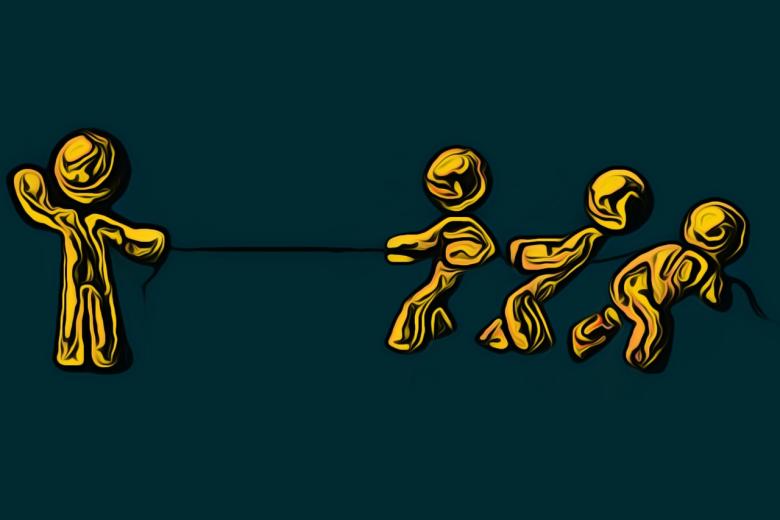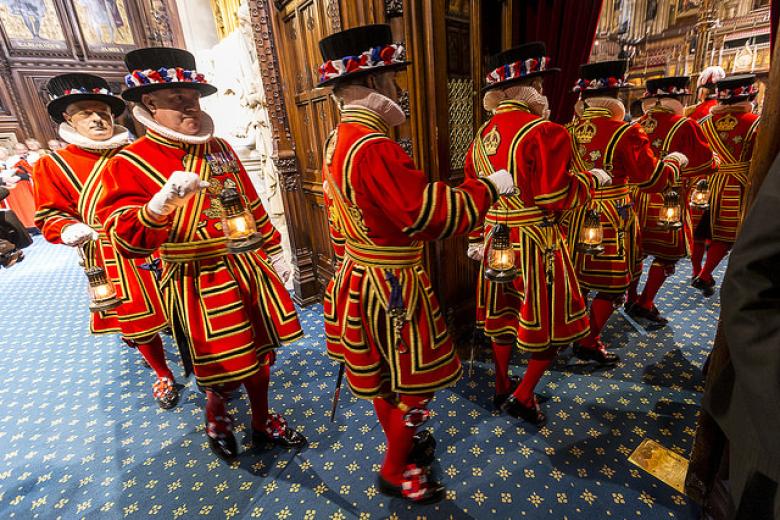The Things We (Don’t) Care About: A Reflection Following the MEPLI Interns’ Thesis Workshop
Reflecting on the M-EPLI Interns' Thesis Workshop: Can institutions benefit from reassessing their priorities in terms of what they incentivize and analyzing why these types of events offering an opportunity for students to write and get substantive feedback so rare?






